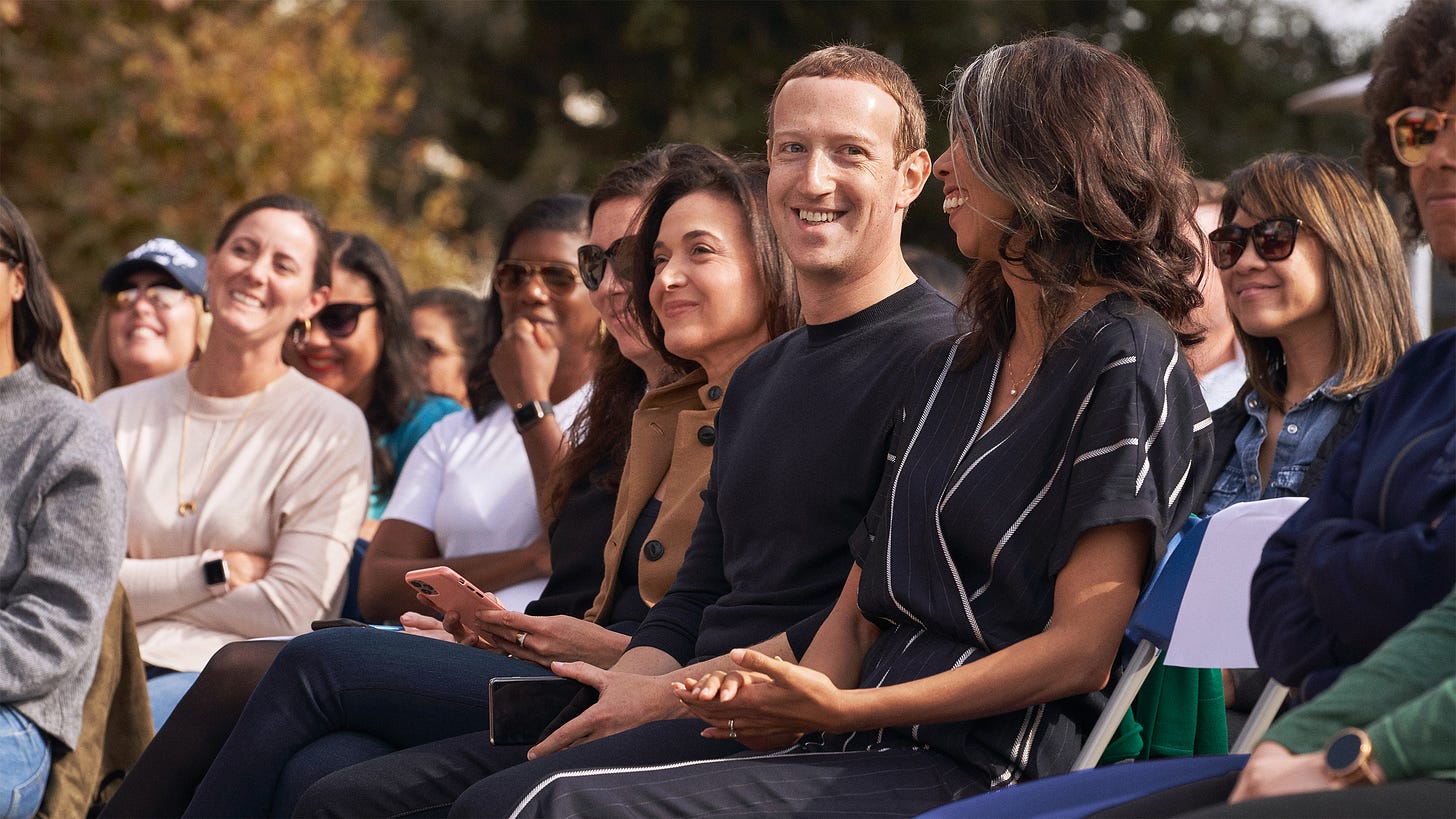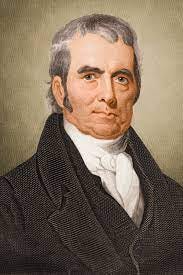The Facebook Supreme Court's Trump Decision: What's Been Missed
Its enduring importance may not center around Trump
Welcome to Second Rough Draft, a newsletter about journalism in our time, how it (especially its business) is evolving, and the challenges it faces.
On Wednesday morning, June 28, 1978, I was working as the lowest-ranking member of the staff of ABC’s evening network news show[1], and the U.S. Supreme Court term was drawing to a close. The big decision everyone was waiting for concerned the constitutionality of affirmative action. The case arose when a white would-be medical student named Allan Bakke challenged the denial of his application for admission by the University of California at Davis as a case of “reverse discrimination.” Would the Court order his admission, and rule that the university’s affirmative action program was unconstitutional?
Yes, it would. But that’s not the story we remember from that summer day. Because while the Court said the UC-Davis program failed to pass constitutional muster, it also ruled that other affirmative action programs, including one at Harvard championed in a “friend of the court” brief, were permissible. Affirmative action could continue, and has, to varying degrees, to this day. I have never forgotten that early reports of the decision were technically correct—Bakke wins! “Reverse discrimination” overruled!—but historically wrong.
What will be remembered?
So it was last week in the coverage of the matter of Facebook and Donald Trump, the first major decision from the Facebook Oversight Board, the company’s new private “Supreme Court.” Before the widely-hyped decision, the question was whether or not Trump, suspended from the platform after his farcical coup attempt of January 6, would be reinstated. When the Board ruled that a suspension had been justified, but that its indefinite term needed to be reconsidered by Facebook, most reactions varied along pretty much the same divide that we have come to know so well in this country. Some were unhappy Trump hadn’t been banned forever; others were upset he hadn’t been reinstated forthwith.
But just as the Bakke case doesn’t turn out to have been most importantly about Allan Bakke[2], so the Trump case won’t, I think, ultimately be remembered for its holding about Donald Trump.[3]
What I do think will be remembered is a transformation in Facebook’s relationship with its own creation, the Oversight Board. In its opinion, the Board rebuked the company:
“In applying a vague, standardless penalty, and then referring this case to the Board to resolve, Facebook seeks to avoid its responsibilities. The Board declines Facebook’s request and insists that Facebook apply and justify a defined penalty.”
The key word in that passage is “insists.”
More sweepingly, the Board proposed that the company,
“Undertake a comprehensive review of Facebook’s potential contribution to the narrative of electoral fraud and the exacerbated tensions that culminated in the violence in the United States on January 6. This should be an open reflection on the design and policy choices that Facebook has made that may allow its platform to be abused.”
Translation: Facebook deserves blame for spreading the Big Lie, and needs to reckon with its own choices that made that possible. It’s not just Trump’s fault, but Mark Zuckerberg’s and Sheryl Sandberg’s as well.
So, Facebook, having created a monster in its own product, has now also spawned what it may come to see as a second creature in the Oversight Board that is turning on the first. The Board was initially the brainchild of Harvard Law professor Noah Feldman, who, days before the ruling, suggested the case might constitute the group’s Marbury v. Madison. Marbury was the 1803 decision in which the U.S. Supreme Court, under the leadership of Chief Justice John Marshall, first claimed the power to declare acts of Congress unconstitutional, and launched the Court as a force in American life. After the ruling, Feldman stuck with the analogy.
That’s not quite right, at least for now, because Facebook could always renege on its promises in setting up the Board. But such backsliding will grow harder over time. Legend has it (likely apocryphally) that President Andrew Jackson once declared, in another case, “John Marshall has made his decision, now let him enforce it,” yet even presidents long ago largely gave up on disobeying Supreme Court rulings. An early test will be whether Facebook really does conduct the review of its own responsibility for January 6. We should all hope that it does.[4]
The Oversight Board opinion is actually much more sweeping than Marbury. It proposes that Facebook enact new rules, enforce its existing rules more transparently and much more rigorously, and, most significantly, asserts that Facebook should be bound by international legal norms, including the International Covenant on Civil and Political Rights and the UN Guiding Principles on Business and Human Rights. These are texts Facebook does not have the power to change.
Lest you find all this Pollyannish, it’s important also to point out shortcomings and concerns with the Oversight Board opinion, particularly with respect to transparency:
The Board says it has most of the heavy lifting on each case done by five members of its 20, but it doesn’t tell us which five worked on a particular case. This needs to change.
Similarly, the Trump opinion refers to majority and minority views on a few of the recommendations (although not the central holding). But we have no idea if the minority is one person or one short of a majority. That’s a mistake.
The opinion says the Board also posed 46 questions on the case to the company, and that Facebook refused outright to answer seven of these, while answering two others only in part. The Board should condemn this, and didn’t.
Most importantly, the Board will eventually be self-perpetuating (and the ample pay for Board members gives this teeth), but only 20 of the initial 40 members have been named to date, and Facebook has a significant role in picking all the initial members. Now that it sees what the Board can do, will it try to pack its own court? Vigilance on this will be important.
Finally, it’s also important to acknowledge why Facebook accepted the idea of the Board in the first place: it is an attempt at self-regulation in order to help stave off much scarier governmental action. Zuckerberg didn’t buy in out of the goodness of his heart.
No matter the original motivation, however, what I think we saw last week is the emergence of an important check on corporate power—especially corporate power deployed with astonishing amorality. That will likely matter long after Donald Trump has finally, mercifully, gone silent.
[1] The show was then in its last next-to-last week of being anchored by the unhappy pairing of Harry Reasoner and Barbara Walters. “World News Tonight” with Peter Jennings, Frank Reynolds and Max Robinson was in active rehearsal.
[2] Bakke graduated from UC-Davis in 1982 and went on to quietly practice anesthesiology in Minnesota.
[3] On Trump, Facebook now faces a Hobson’s choice: it can reinstate him, knowing that he will almost surely violate its rules again (this time without being the sitting president), and then ban him permanently, or it can ban him now.
[4] Congress, notably, has been unable to agree on its own January 6 Commission.





